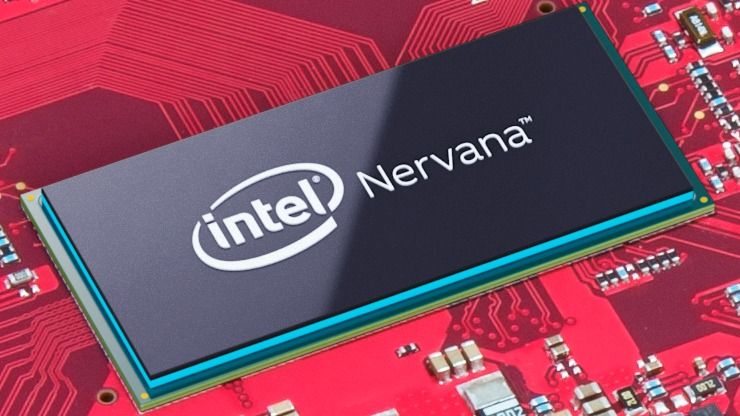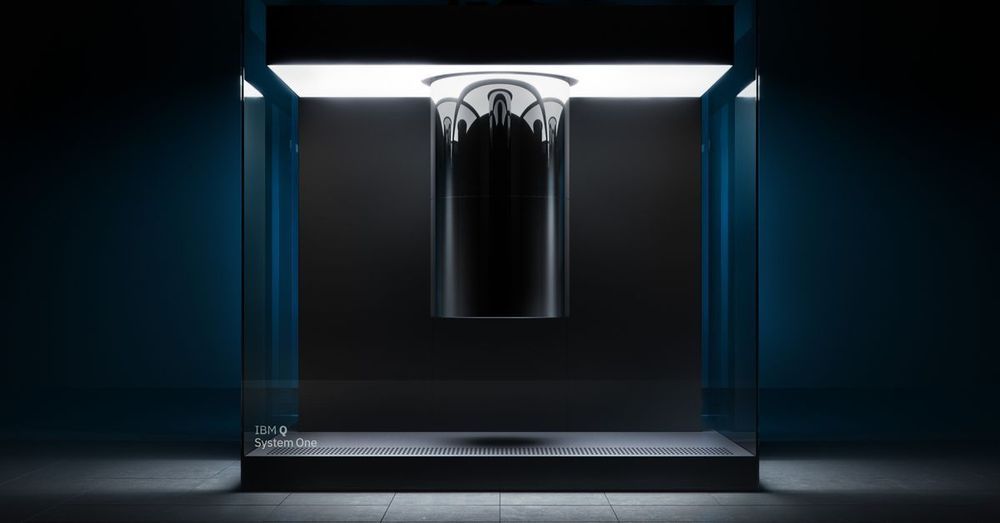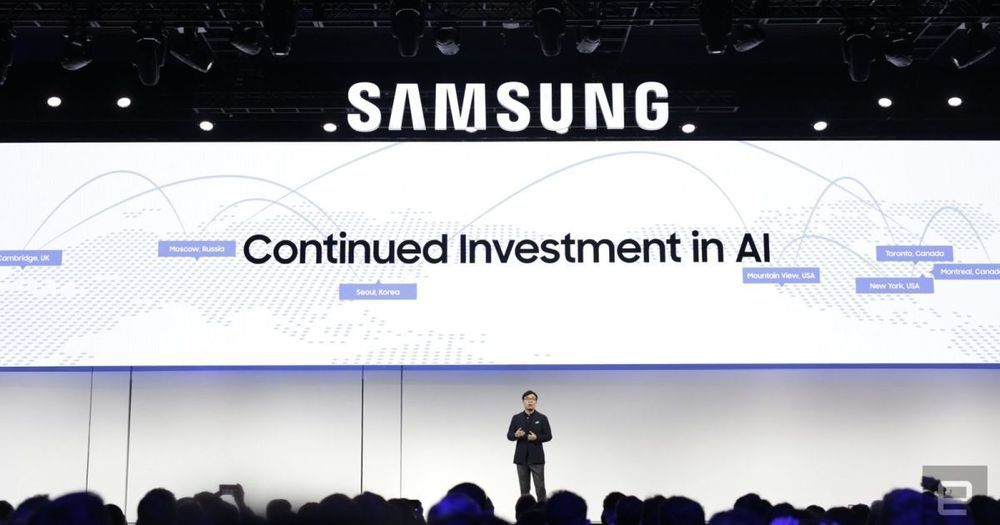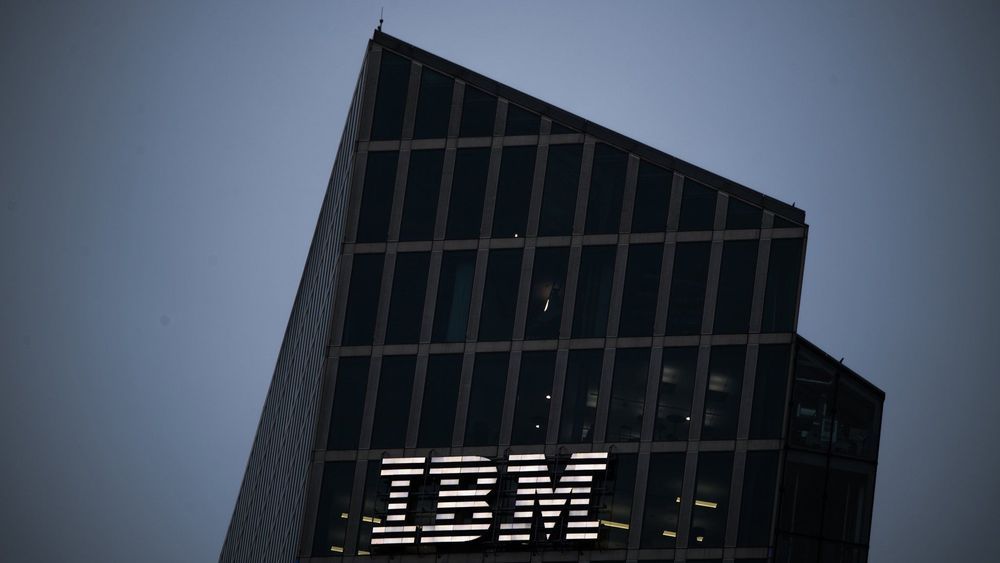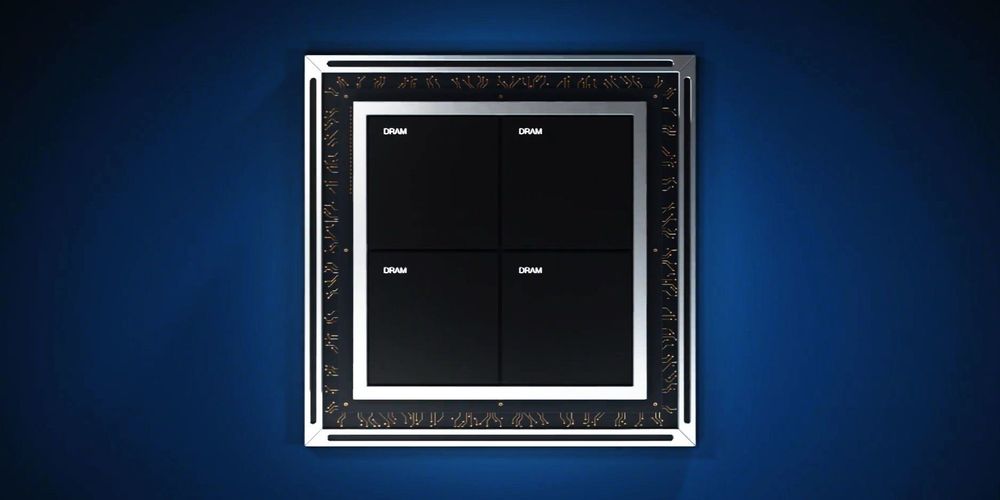Page 9223
Jan 8, 2019
NASA’s planet finder discovers weird new world and 6 exploding stars
Posted by Michael Lance in category: space
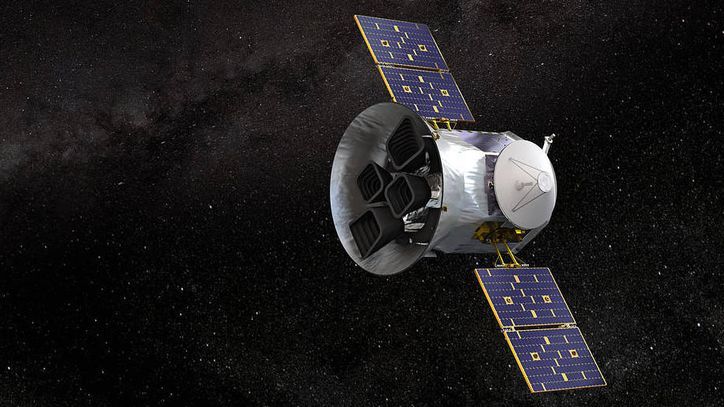
TESS takes a closer look at our cosmic backyard and finds an unusual, cool exoplanet.
- by
Continue reading “NASA’s planet finder discovers weird new world and 6 exploding stars” »
Jan 8, 2019
IBM’s new quantum computer is a symbol, not a breakthrough
Posted by Klaus Baldauf in categories: computing, engineering, quantum physics
Jan 8, 2019
Samsung says Bixby will soon work with Google Maps, YouTube
Posted by Genevieve Klien in category: futurism
Jan 8, 2019
How AI is Working to Crush Financial Fraud
Posted by James Christian Smith in categories: cybercrime/malcode, economics, finance, robotics/AI
#MachineLearning and #ArtificialIntelligence are revolutionising the online world. They are capable of reducing costs, analysing data, recognising patterns and trends we can’t see with the human eye and making real- time decisions. Now, they are being used to help prevent financial fraud and they’re learning how to do it better every day.
Machine learning and artificial intelligence are revolutionising the online world. They are capable of reducing costs, analysing data, recognising patterns and trends we can’t see with the human eye and making real-time decisions. Now, they are being used to help prevent financial fraud and they’re learning how to do it better every day.
Currently it is estimated that cybercrime costs the global economy approximately $600 billion, with one of the most common forms being credit card fraud which has grown considerably with the increase in the online market. As more and more people chose to transact online it is becoming increasingly important for financial services to invest in better, faster and more accurate fraud detection and prevention techniques.
Continue reading “How AI is Working to Crush Financial Fraud” »
Jan 8, 2019
‘Flipped’ metal oxide cage can sort CO2 from CO
Posted by James Christian Smith in categories: particle physics, space, sustainability
How do you separate carbon dioxide from carbon monoxide? One way, showcased by a new study from Kanazawa University, is to use a bowl of vanadium. More precisely, a hollow, spherical cluster of vanadate molecules can discriminate between CO and CO2, allowing potential uses in CO2 storage and capture.
At the molecular scale, small objects can fit inside larger ones, just like in the everyday world. The resulting arrangements, known as host-guest interactions, are stabilized by non-covalent forces like electrostatics and hydrogen bonds. Each host will happily take in certain molecules, while shutting out others, depending on the size of its entrance and how much interior space it can offer the guest.
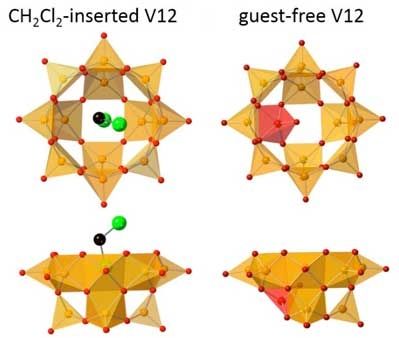
Anion structures of CH2 Cl2 (guest)-inserted V12 (left) and guest-free V12 are shown. Orange and red square pyramids represent VO 5 units with their bases directed to the center of the bowl, and the inverted VO 5 unit. Green and black spheres represent Cl and C, respectively. Hydrogen atoms of CH2 Cl2 are omitted for clarity. (Image: Kanazawa University)
Jan 8, 2019
IBM unveils first standalone quantum computer
Posted by Genevieve Klien in categories: computing, quantum physics
Jan 8, 2019
Billions of dollars are pouring into digital health, but Americans are still getting sicker and dying younger
Posted by Derick Lee in category: health
That all sounds great. And software is supposed to improve every industry. But when it comes to health care, it leaves one important question unanswered: Why aren’t we getting any healthier?
Venture investors are chasing breakout successes in digital health, but those investment dollars aren’t making people healthier.
Jan 8, 2019
Intel Lakefield Brings Its 3D Chip-Stacking Tech to Life
Posted by Klaus Baldauf in category: computing
Weeks after introducing Foveros, its 3D logic stacking technology, Intel has shown off a motherboard that puts it to use.
Jan 7, 2019
President Rodrigo Duterte strongly supports DICT’s projects
Posted by Michael Lance in category: futurism
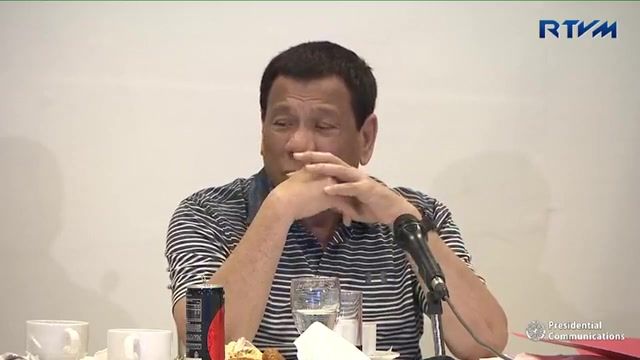
WATCH: President Rodrigo Duterte’s discussion with DICT Acting Secretary Eliseo Rio, Jr. during the situation briefing on the aftermath of Typhoon Usman.
Pres. Duterte strongly supports the Department’s projects and does not want any of these to receive any injuction or TRO in any court. He also wants to make sure that there is no corruption involved in any of the DICT projects.
Video clipped from Radio and Television Malacañang (RTVM) FB page.
